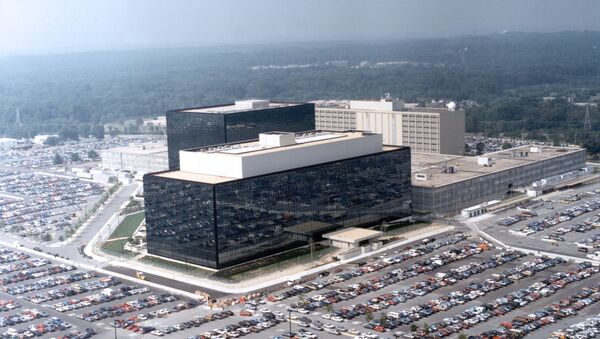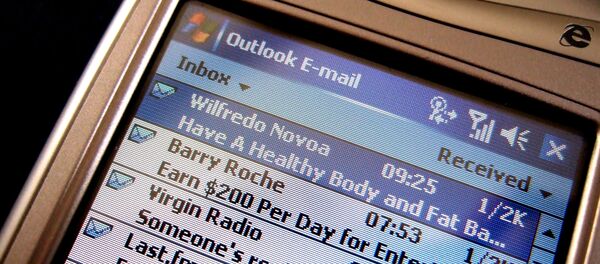Judge Brett Kavanaugh explained in his concurring opinion why Klayman’s request was denied.
The collection of telephony metadata from a third party such as a telecommunications provider is not considered a seizure under the Fourth of the Amendment, as defined in the Supreme Court’s decision in Smith v. Maryland, 442 U.S. 735 (1979).
Even if it did however, the Fourth Amendment barrs only unreasonable searches and seizures.
The Fourth Amendment allows searches and seizures without individualized suspicion when the government shows a “special need” beyond the need of law enforcement that outweighs the intrusion of individual liberty. The metadata collection program addresses the need to protect the American people from attacks similar to those orchestrated by terrorists on September 11, 2001.
Moreover, the metadata-collection program’s tactics sit well within the Fourth Amendment’s scope of reasonable collection and seizure. It doesn’t capture the content of calls, but instead their durations and times they took place.



